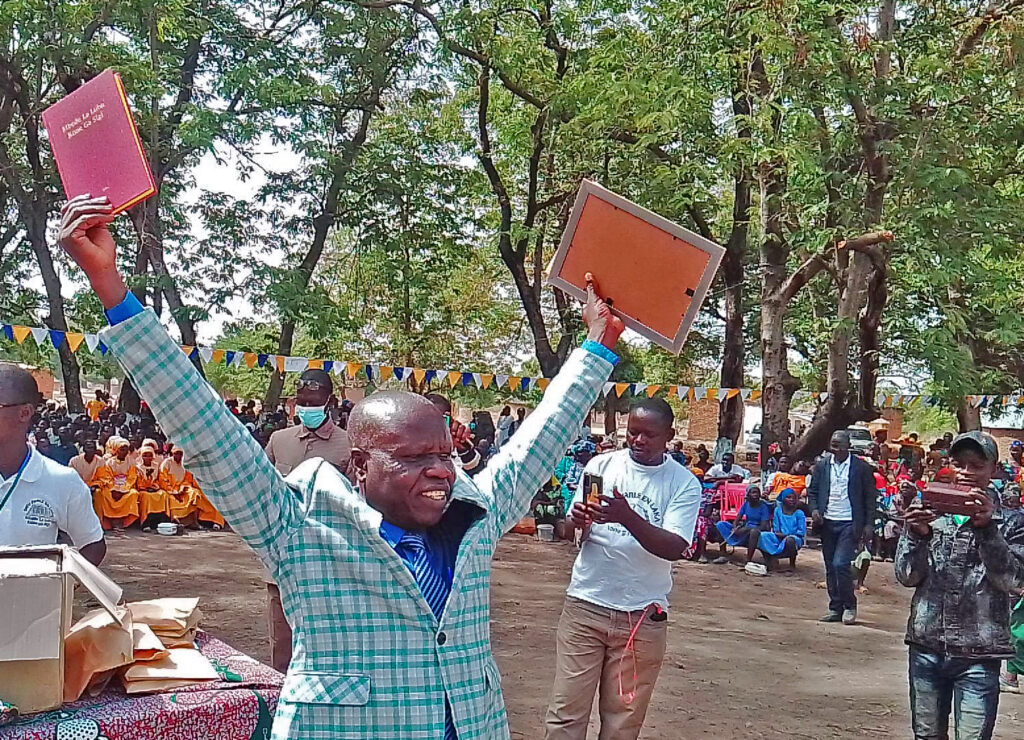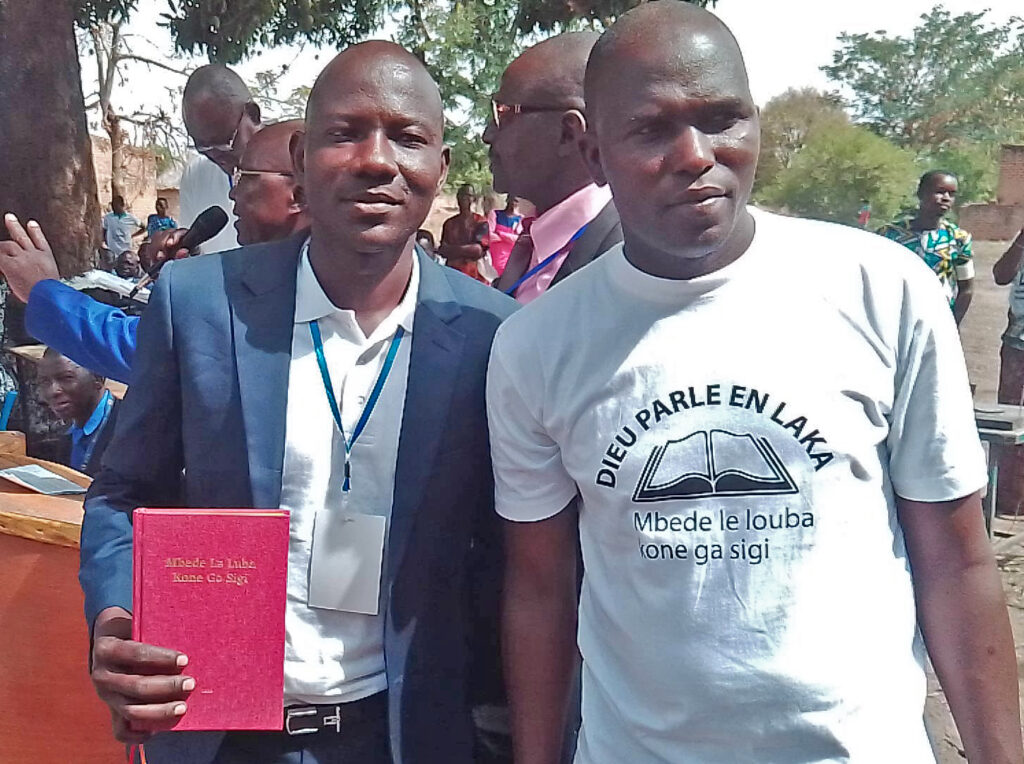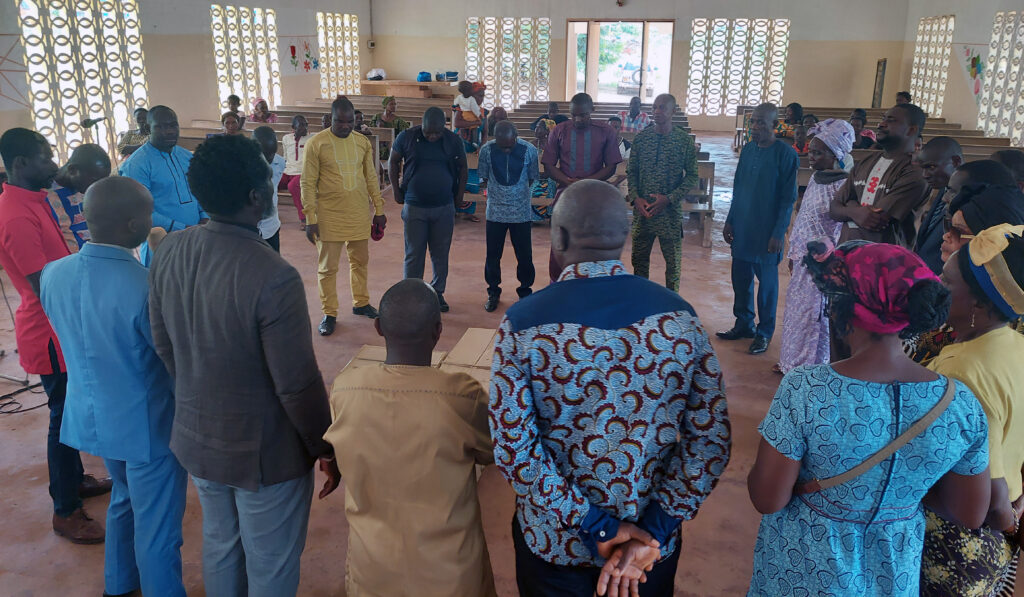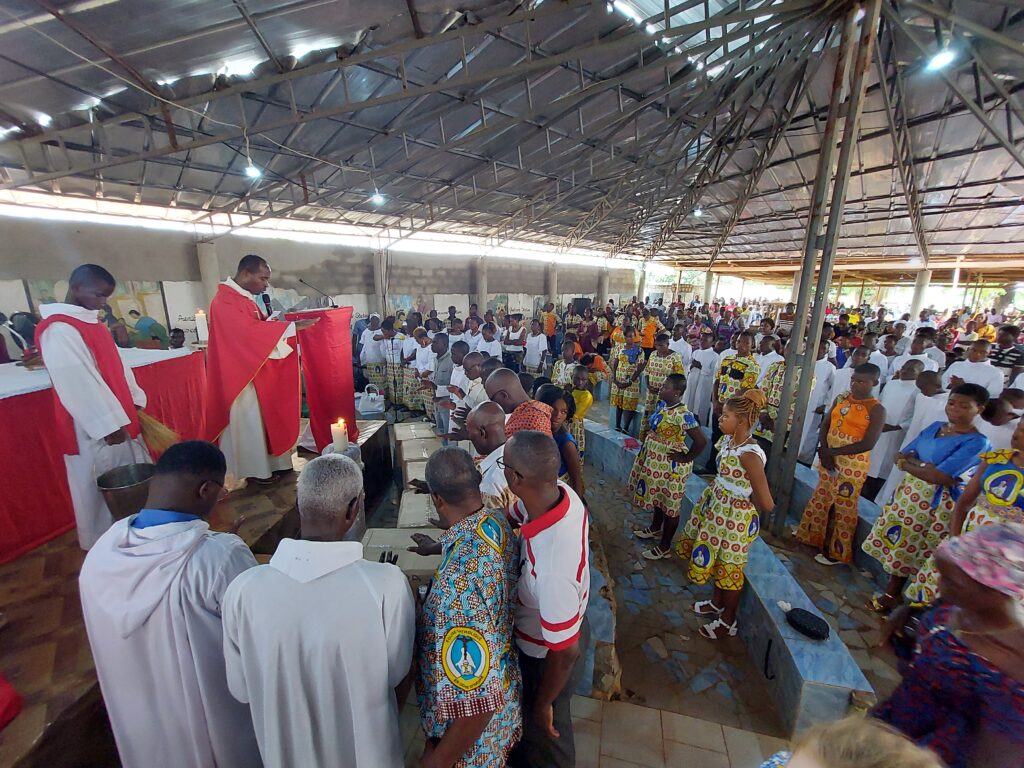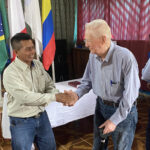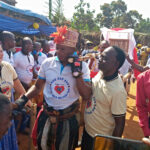Who Will Be the Next Jim Elliot?
Reaching the Unreached: No Easy Feat
“I only hope that [the Lord] will let me preach to those who have never heard that name Jesus. What else is worthwhile in this life? I have heard of nothing better,” Jim Elliot wrote* in a diary before he served overseas.
The Lord gave him this wish when Jim and four other young men—Nate Saint, Ed McCully, Roger Youderian, and Pete Fleming—and their wives bravely left all they knew to follow Christ into the jungles of Ecuador. They each had a desire to reach the unreached, the dreaded people then known as the Auca Indians, whose name in Quechua meant “naked” or “savage.”
“There remained a group of tribes that had consistently repelled every advance made by the white man: the Aucas,” Jim’s wife, Elisabeth, explained. “They [were] an isolated, unconquered, semi-nomadic remnant of age-old jungle Indians.”
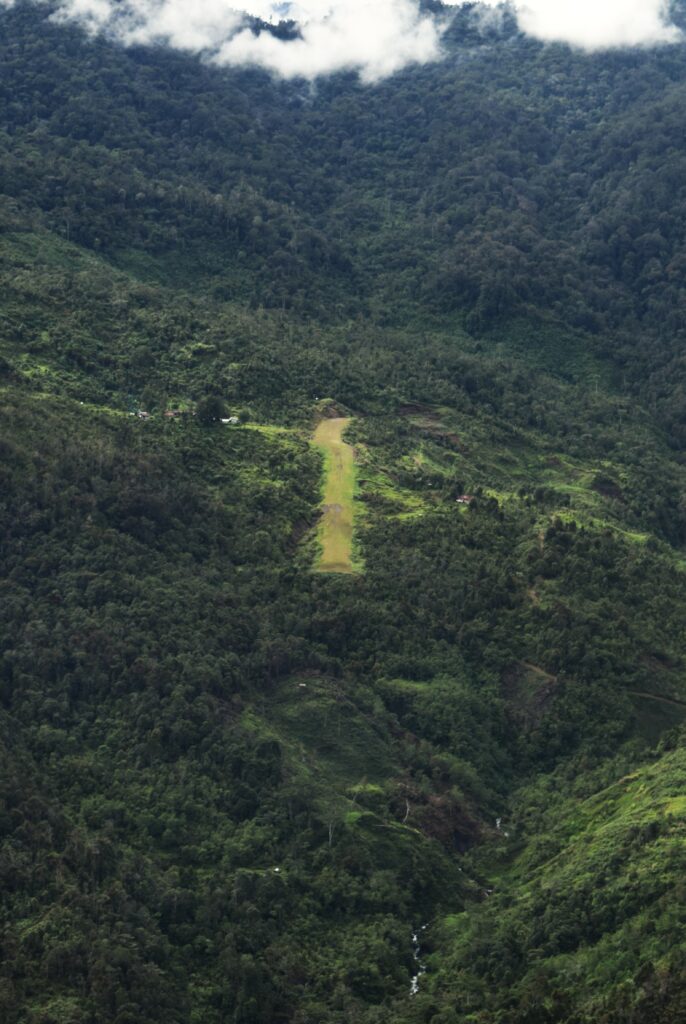
The men longed to reach these people with the love of Jesus, but it was no easy feat.
Even once the men had spotted signs of the Aucas—a smudge of a campfire, an unnatural clearing, a thatched hut—on their flights on Missionary Aviation Fellowship’s airplane flown by Nate, a tangle of jungle still stretched between them and the Aucas. There were no airstrips near the Aucas, and the plane had no floats for landing on the river.
After months of dropping gifts to the Aucas by plane and praying, planning, and learning the language, the missionaries needed a way to land and talk to them face-to-face. Those thick, wild trees and sandy beaches were the last mile the missionaries needed to traverse before they could finally make contact with the Aucas and show them God’s love in person.
Nate made many trips surveying the Auca territory, looking for a place to land and take off. The only option was a sandy beach, dubbed “Palm Beach,” beside a river that could easily flood when it rained. The success of their trip—what they had prayed about, planned for, and dreamed of for years—pivoted on Nate’s ability to land the plane. “My entire share in this business seemed to hinge on that first take-off and landing,” he explained. “If the plane were damaged, it would mean vulnerability in a flood, possibly even dismantling it and making a strip on higher ground—all this in a forest inhabited by Aucas!”
Despite the challenges of landing and the possibility of dying, these missionaries forged ahead, knowing the price was worth it. “He is no fool who gives what he cannot keep to gain what he cannot lose,” Jim wrote in his diary in college. These men were willing to do whatever it took to reach the Aucas with the gospel.
And so, Nate attempted his first landing in Auca territory. Fog shrouded his view, growing thicker below him and his passenger, Ed, but gaps in the miasma enabled them to keep following the river. As they neared the beach, the fog thinned so they could slip beneath it to make an approach.
“As we came in the second time, we slipped down between the trees. It felt good as we made the last turn and came to the sand, so I set it down.” After exiting the plane, they found that the rear wheels were sinking in the sand, so they moved the plane to a firmer spot. Nate was also able to take off.
A few days later, on January 8, 1956—68 years ago this month—these five men were killed by the people they loved. But the story doesn’t end there! God later used the missionaries’ faithfulness to open a door to the Waorani—as the people called themselves—that Elisabeth Elliot stepped through with Nate’s sister, Rachel. As a result, many of the Waorani believed in Jesus, including some of the men’s killers.
These missionaries had the same pioneering spirit as the early Christians, and, paired with the technology of the 20th century, they pushed past boundaries and surrendered everything to reach the Waorani with the gospel.
The Next Jim Elliot
In Africa, the South Pacific, and parts of South America today are millions of people isolated by dense rainforests; they still need God’s Word in their language. Like the Waorani years ago, they don’t know about the God who created and loves them.
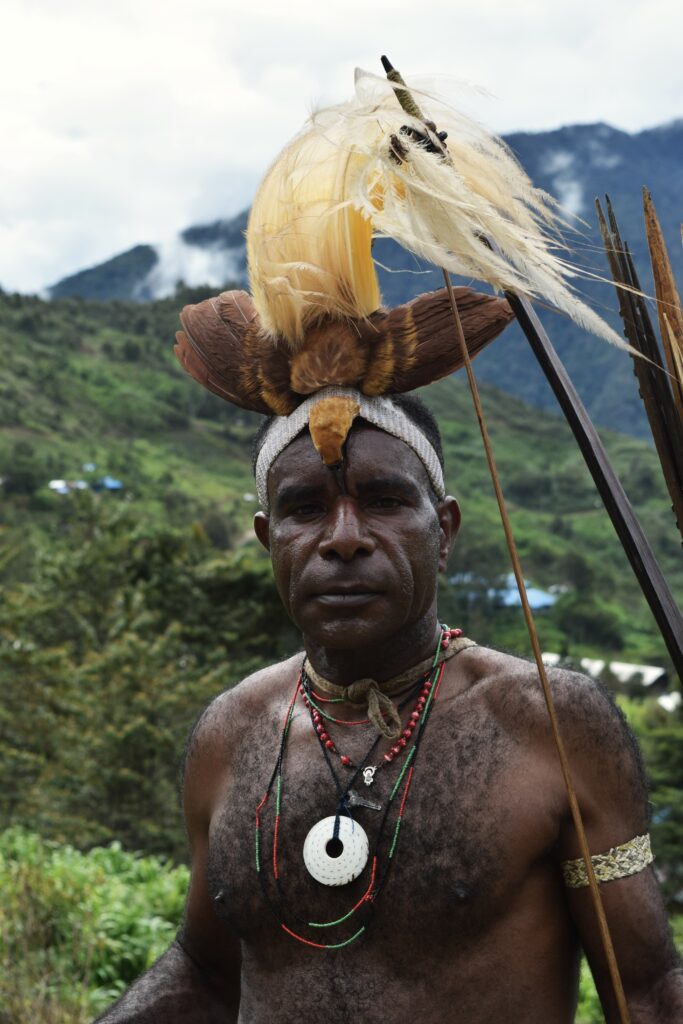
The same challenges that Jim Elliot and his friends confronted in reaching the Waorani—dense undergrowth; long, dangerous hikes; a lack of airstrips—hinder missionaries today from sharing the gospel with these remote people.
JAARS exists to cover this last mile—whether it’s a stretch of jungle from the mission base to a village, a boat ride to an island, or a four-wheel-drive ride up a muddy incline—so that unreached people can experience God’s Word and love.
To venture into such remote places, we need people like Jim and Elisabeth Elliot, Ed and Marilou McCully, Roger and Barbara Youderian, Nate and Marj Saint, and Pete and Olive Fleming, who dared to do whatever it took to reach people with the gospel. We need pilots, mechanics, avionic technicians, and trainers who love Jesus Christ more than anyone else and are willing to take the gospel to the ends of the earth.
You can have a part in reaching those remote people by sending passionate, pioneering individuals to these dense rainforests. Give now to our Missionary Launch Fund to raise up the next Jim Elliot who will take God’s Word the last mile!
*All quotes are taken from the 1996 book Through Gates of Splendor by Elisabeth Elliot.



























































